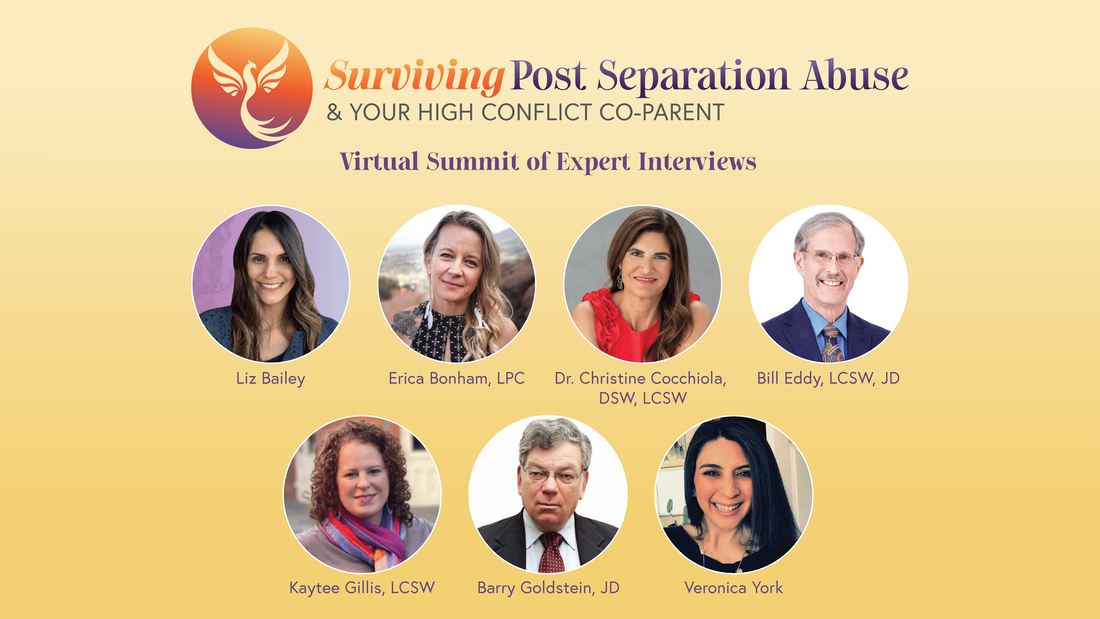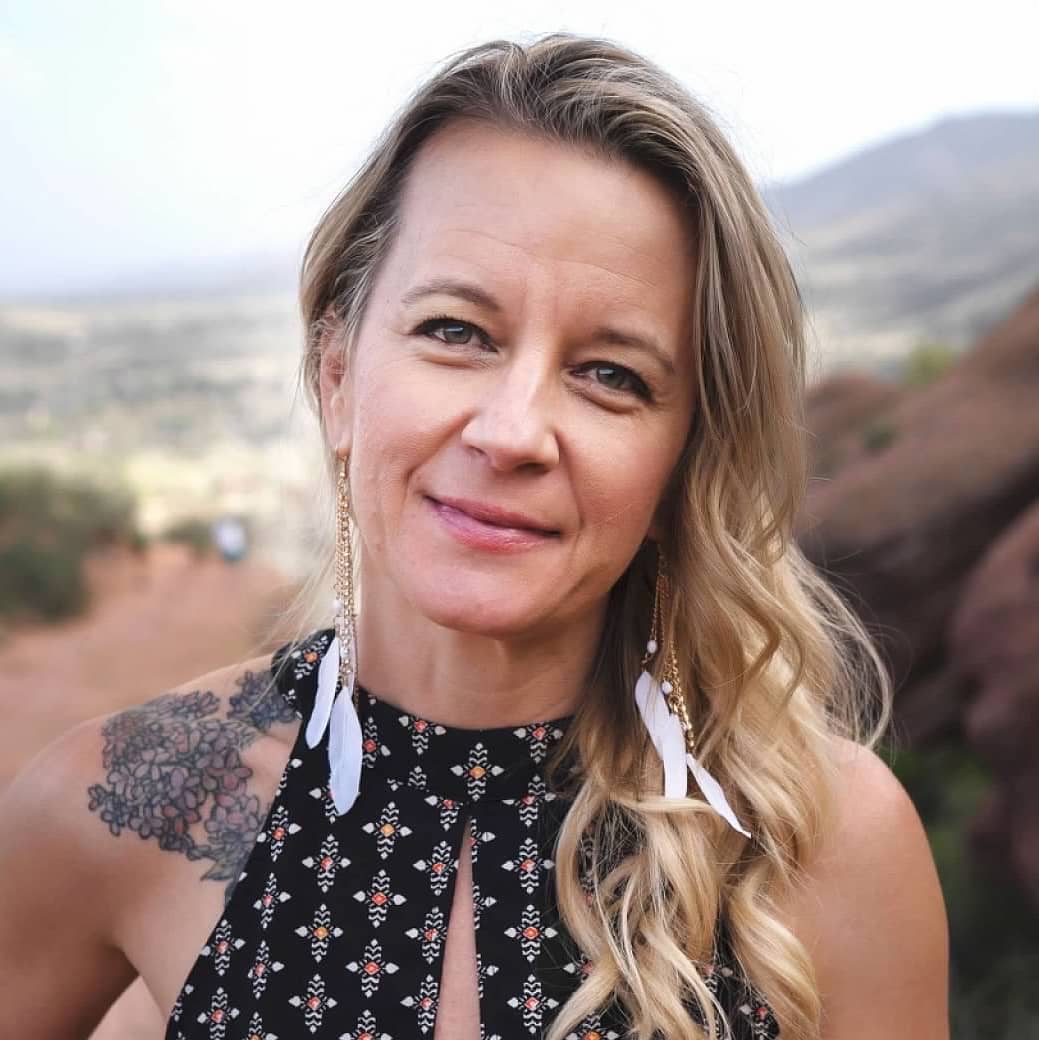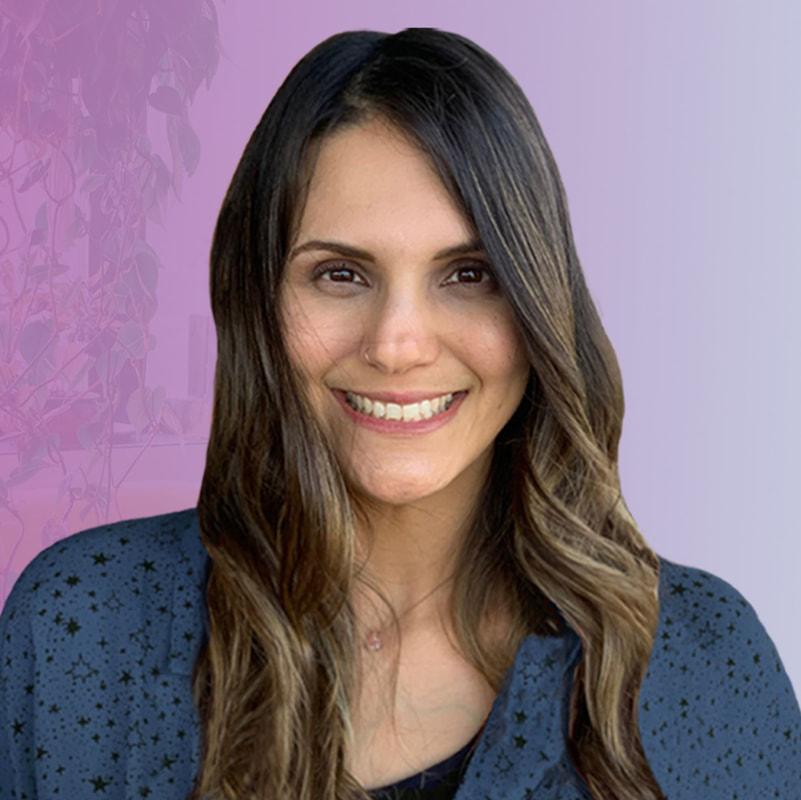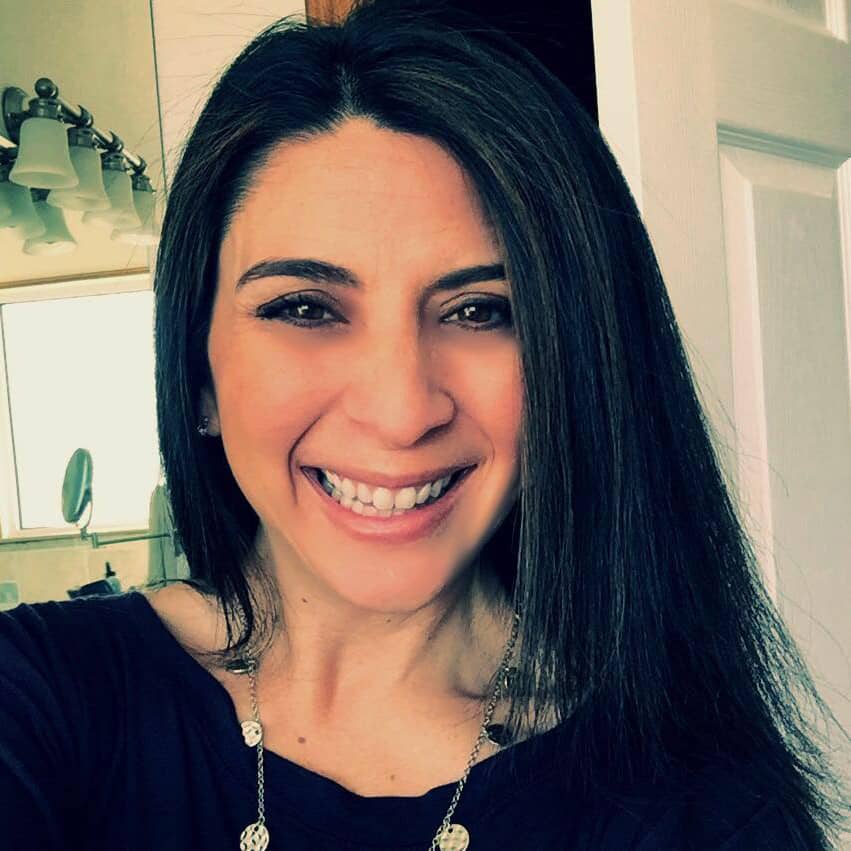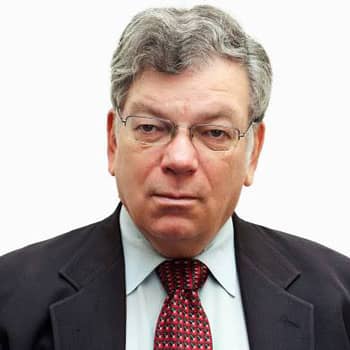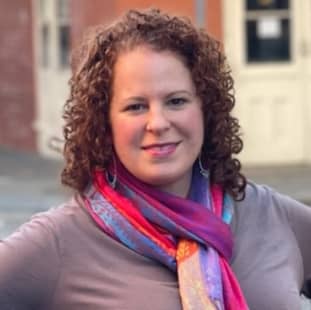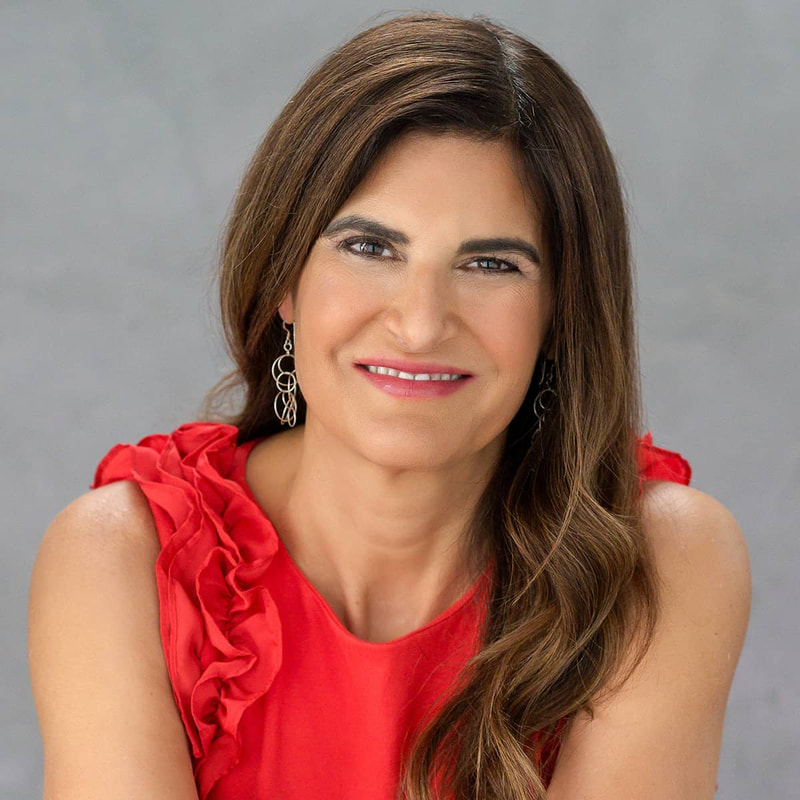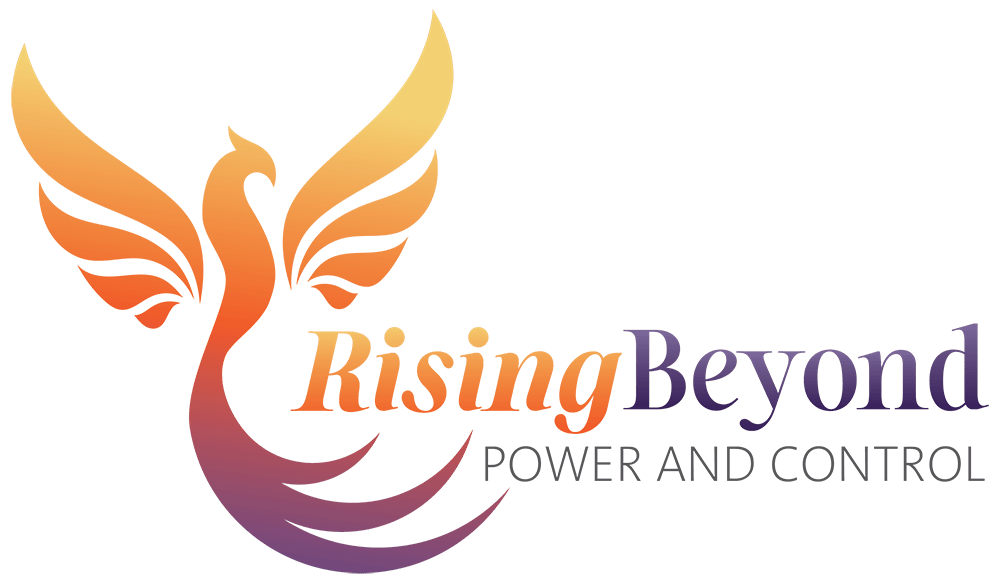Expert Interviews
|
|
Day 6: Saturday, April 22nd
Co-Parenting Communication Strategies Bill Eddy, LCSW, JD It’s your first day at court with your abusive ex and they’ve just said something completely untrue about you and you are shocked! The manipulation and gaslighting they do seeps its way into the courtroom.
So how do you navigate this? One of the best things to do is practice mindful, tactful communication techniques. Unlike you may think, the court system cares more about communication than information. So the way you communicate both with your ex, as well as the judge will have more impact than the facts you bring up. In this conversation with Bill Eddy, we are going to talk about effective communication skills when navigating post-separation. More specifically, Bill teaches us about the BIFF model for communication – Brief, Informative, Friendly, and Firm. A super helpful tool to keep you out of trouble and safe from further abuse. |
|
|
Bill Eddy, LCSW, Esq., is the co-founder and Chief Innovation Officer of the High Conflict Institute in San Diego, California. He pioneered the High Conflict Personality (HCP) Theory and has become an expert on managing disputes involving people with high conflict personalities. He was the Senior Family Mediator at the National Conflict Resolution Center for 15 years, a Certified Family Law Specialist lawyer representing clients in family court for 15 years, and a Licensed Clinical Social Worker therapist with over 12 years of experience. Bill serves on the faculty of the Straus Institute for Dispute Resolution at the Pepperdine University School of Law in California, and is a Conjoint Associate Professor with the University of Newcastle Law School in Australia. He has been a speaker and trainer in over 35 US states and 13 countries. He is the author or co-author of over 20 books, manuals, and workbooks. He is co-host of the podcast, It's All Your Fault, that he co-hosts with Megan Hunter, MBA, and has a popular blog on the Psychology Today website with over 6 million views.
BIFF for Coparenting |
|
|
Day 5: Friday, April 21st
Take Control of Your Triggers: Cultivating Your Nervous System Erica Bonham, LPC Whether the abuse was overt or "death by a thousand papercuts," it’s been stored in your body. And while our bodies are inherently wise, unfortunately the way in which trauma is stored in the body can leave us feeling stuck in the thoughts that we know aren’t true about us, but we can’t seem to shake them.
The good news, though, is you can! And you can do it by attuning to your nervous system. Your nervous system is the ultimate protective armor that is inherent within all of us, and it has been with you throughout this time with your abusive ex keeping you safe and alive. And it's exhausted, fried, or shot from the constant belittling, gaslighting, mind games, and so much more. Luckily, there are ways to reintegrate and reconnect with your nervous system! This happens by way of attunement, community, self-care, and more. In this conversation with Erica Bonham, we learn how and why we must step out of the thinking brain and into the feeling body. We discuss tangible ways to regulate your nervous system so that you can regain your power and begin healing. There are little and big things you can begin to do in order to tap back into this resource that is always with you. |
|
|
Erica Bonham, LPC, is a certified EMDR clinician, consultant, and trainer, and is a coach and Licensed Professional Counselor in the state of Colorado. She aspires to be a catalyst for change, justice, growth, evolution, and all around badassery. She specializes in serving the LGBTQ community, abuse recovery, and trauma-related to social oppression and spiritual abuse. She gets lit up as her clients move through and release old patterns that no longer serve them and start embracing their unique special sauce that they bring to the world. She incorporates her training as a yoga instructor and mindfulness practitioner to deepen clients' healing of their bodies and specializes in somatic and attachment EMDR and ego state work. Erica is a published author, speaker, and creator of the course, "Healthy Hope: EMDR Best Practices for Healing Spiritual Trauma," and co-creator of "Healing Racial Trauma with Somatic Therapy," with Dr. Chinwe Williams. She seeks to get into good trouble to dismantle systems of oppression and white supremacy and aspires to be part of the emergent, reimagining of a world rooted in the values of beauty, equity, nonviolence, and empowerment of all beings.
avoscounseling.com Here is a freebie webinar called "Cultivate Your Badass Nervous System" |
|
|
Day 4: Thursday, April 20th
Stopping the Back and Forth Because They Are Not Going to Change Liz G. Bailey There is an ah-ha moment of freedom when you realize that your abusive ex is never going to change, and that you have no control over whether they do or not. The only thing you have control over is yourself and how you parent your children.
Liz Bailey is a survivor herself. Now on the other side, she is able to see things more clearly. And it’s not easy. It’s not hard to fall into the rabbit hole of, “Why did I let myself get in this situation?” “What is wrong with me?” “Can I ever trust myself or anyone ever again?” You can get there. Liz practiced a lot of the techniques that are offered to those dealing with post-separation abuse, some of which she wasn’t keen on at first, but she slowly realized how helpful they were and wants others to realize this, too. We also discuss what is helpful to know if you are a support person for someone going through abuse, and how to treat the people in your life who are supporting you if you are the victim of abuse. |
|
|
Liz G. Bailey is a mother, published author, speech-language pathologist, financial advisor, and podcast host who thrives at the intersection of compassion and humor — known for saying some off-the-wall stuff without a filter, all to create a transformative experience for her audiences. With a master's degree in communication sciences and a survivor of domestic violence, she knows what it means to use your voice to protect yourself and those you love. After bravely leaving an abusive marriage, she has triumphed over her life's challenges by seeing the bigger picture and raising herself through spiritual growth. Now, as a champion for women and an advocate for stopping domestic violence, Liz shares life's experiences on stage, at events, and on podcasts, inspiring her audiences to rise up and thrive, no matter the situation.
lizgbailey.com |
|
|
Day 3: Wednesday, April 19th
Leveraging the Current Research in Family Court Veronica York & Barry Goldstein, JD The family court system needs help. The archaic systems that have been used for far too long are outdated and desperately need changing. Barry Goldstein and Veronica York share some ways in which they are contributing to this much needed reform.
We talk about two peer reviewed, scientific-based studies that have the potential to influence change -- ACE (Adverse Childhood Experiences) and the Saunders Study. ACE tells us that children who are exposed to domestic violence and trauma will live shorter lives and have a lifetime of health and social problems. Consequently, protecting children who are at risk for these exposures should be a priority. This requires a mind-shift on shared parenting; as that might not in fact be in the best interest of a child. The Saunders study assesses how knowledgeable judges, lawyers, and evaluators are in domestic violence. If these decision makers aren't well trained in what to look for, then how can they make good decisions on behalf of those experiencing abuse? We touch on:
|
|
|
Veronica York is a domestic violence and child abuse custody expert, consultant, and advocate. She has advanced training in family law mediation, writes articles, and presents on the topic of contested custody in domestic violence and child abuse cases. She also trains family court professionals on the current scientific research that shows how standard court practices are harming children, the misuse of "parental alienation." and the tactics of post separation abuse in the family court system.
Barry Goldstein, JD, has worked in the domestic violence movement for 40 years. He is the author of six of the leading books about domestic violence, child abuse, and child custody. Barry served as an instructor in a batterer program for 21 years. He was the Director of Research for the Stop Abuse Campaign and currently serves as Consulting Expert for the Center for Judicial Excellence. Barry has worked with many leading organizations as speaker or expert, including the National Council of Juvenile and Family Court Judges; Office on Violence against Women; American Psychological Association; Canadian Institute of Health; National Domestic Violence Hotline; Battered Mothers Custody Conference; National Coalition Against Domestic Violence, Oklahoma Attorney General's Office; National Organization for Men Against Sexism; Domestic Shelters; and many colleges and domestic violence organizations. barrygoldstein.net |
|
|
Day 2: Tuesday, April 18th
Co-Parenting vs. Parallel Parenting Kaytee Gillis, LCSW When you separate from an abusive ex whom you share kids with, parenting is going to look a whole lot different than people who separate and neither are abusive or dealing with personality disorders, or both.
Unfortunately, the court system is using the same terminology for those who separate from an abusive ex, and those who don’t, and that is, co-parenting. But the truth is, it’s not going to feel like you’re co-parenting with this person. After all, they are going to continue to manipulate and attempt to control parental situations now more than ever. So, a better term for parenting alongside an abusive person is parallel parenting. In this conversation with Kaytee Gillis, we’ll cover some things you can do as you navigate parallel parenting. |
|
Kaytee Gillis is a psychotherapist, author, and consultant with a passion for working with survivors of relationship and family trauma. Her first book, Invisible Bruises, released in 2021, sheds light on the ways that the legal system can perpetuate the cycle of domestic violence by failing to recognize patterns that would otherwise hold perpetrators accountable and protect survivors. She released her new book, It's Not "High Conflict" It's Post Separation Abuse, in late February. Kaytee has been featured on Psychology Today, iheart radio, Psychotherapy Networker, The Dr. Wendy Walsh Show, CP24 News out of Toronto, Newsweek, The Mind Journal, Shaye Ganam's radio show, and numerous others.
kaytlyngillislcsw.com |
|
|
Day 1: Monday, April 17th
Understanding Coercive Control Post Separation Dr. Christine Cocchiola, DSW, LCSW Abuse is sneaky. Amidst the love bombing, trauma bonds, gaslight and manipulation it’s difficult to evaluate, am I really in an abusive relationship?
Dr. Christine Cocchiola and I breakdown what coercive control is and just how insidious abuse can be. There is overt abuse like physical abuse and sexual abuse, but there is also abuse that’s not as stark, but just as bad, if not worse in some situations. Unfortunately, in 90% of abuse cases, coercive control intensifies post separation, and what is the number one tool hanging around to weaponize--the children. When they’ve lost direct control of you, they’re going to find another way through to you. The abuser may tell lies about you to your kids, they may use your children against you in court, and they may make you out to be the bad parent to all your friends and family while simultaneously make them out to be the good one. It’s hard to stay centered when this is happening! And, we are here to tell you there are ways to self-regulate so that you can stay attuned and connected to your children. And so that you don’t lose sight of building strong, healthy relationships for your children. Some of these tactics include, cultivating consistency and structure in their lives, taking responsibility when you mess up (because they’re not going to see that from their abusive parent), the gift of perspective, and non-judgement. |
|
Dr. Christine Marie Cocchiola, DSW, LCSW, is a Coercive Control Educator, Researcher & Survivor. She is a full-time college professor teaching social work for the last 20 yeasr and has been a social justice advocate since the age of 19, volunteering for a local domestic violence/sexual assault agency. Her expertise is in the areas of coercive control and the traumatic experiences of both adult and child victims, researching and developing training on these topics both nationally and internationally. Dr. Cocchiola is the creator of The Protective Parenting Program, guiding protective parents towards healing their children, victims of the coercive controller.
coercivecontrolconsulting.com |

